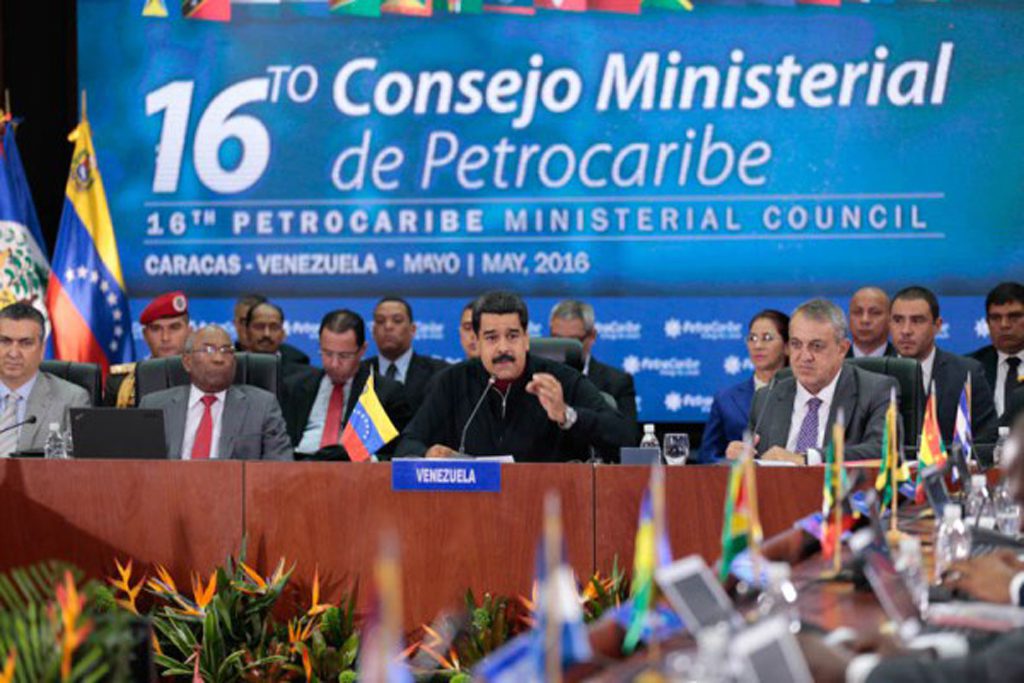Caracas- Iran’s Foreign Ministry is currently in the process of preparing for Iranian Foreign Minister Mohammad Javad Zarif’s five-country tour in Latin America. The Iranian diplomat is scheduled to visit Cuba, Ecuador, Nicaragua, Bolivia and Chile in the upcoming period.
Amid serious cautioning the peace of the Americas being on stake, Asharq Al-Awsat newspaper reopens the file on the Iranian regime’s sketchy involvement in South America.
Political experts and analysts believe that Iran had been using South American countries to further deepen the U.S.-Latin rift. Iranian regional agenda is based on spreading and endorsing a ‘revolutionary’ Bolivarian and Venezuelan dogma.
Mutual interests shared by Venezuela and Iran are primarily based on common hatred towards the West. Iranian-Latin ties were made stronger thereon.
After consolidating its relationship with Venezuela, Ecuador, Nicaragua and Cuba, Iran was able to further progress into Latin terrain, entering the political grounds of Bolivia.
Iranian interest in Bolivia was first displayed in 2007 with Iran’s former president Mahmoud Ahmadinejad official visit to the country.
Iran’s excessive generosity with Bolivia proved to be doubt-stirring. At the time, Iran offered a $1.5 billion in aid to Bolivian infrastructure development and commerce- in return Iran requested assistance with fields of oil byproducts and mining. What is more is that the aid asked for mining, and which the Bolivian government denies, is the extraction of Lithium and Uranium.
It was that Iran found a strategic partner to achieve progress with its nuclear program- what can determine the nature of Iran’s agenda in Bolivia are the straightforward words of the Bolivian President referring to the Iranian-Bolivian alliance as ‘strategic.’
